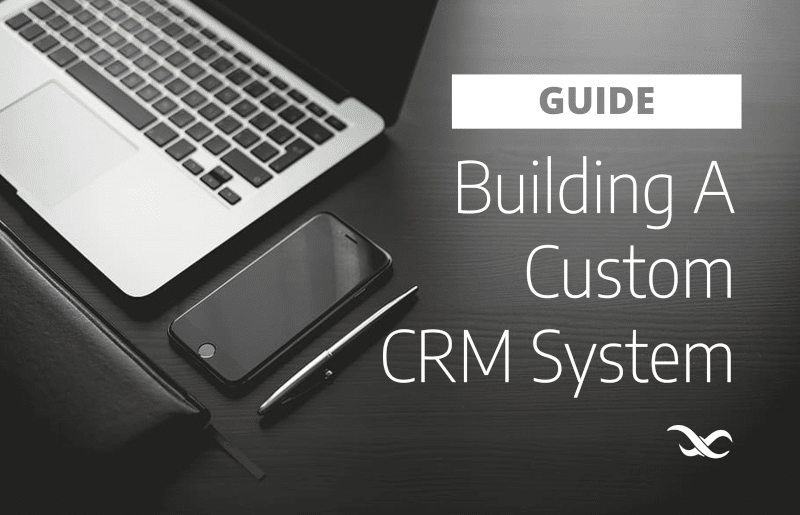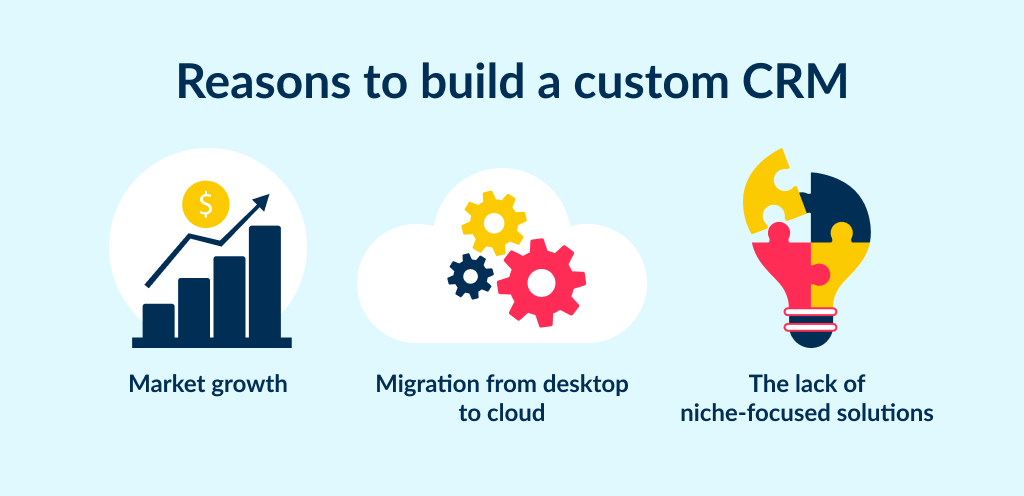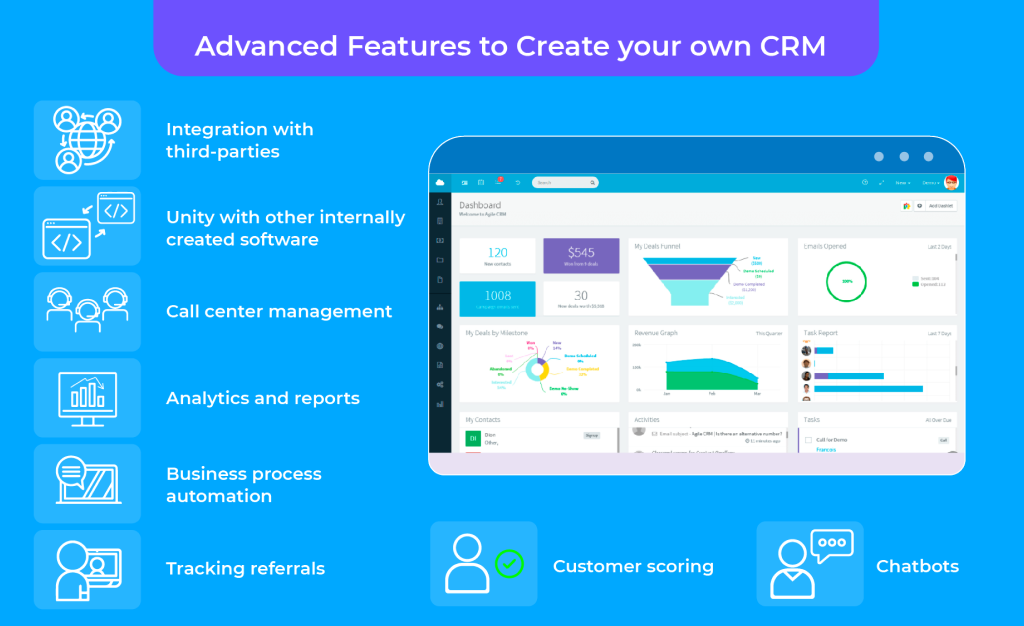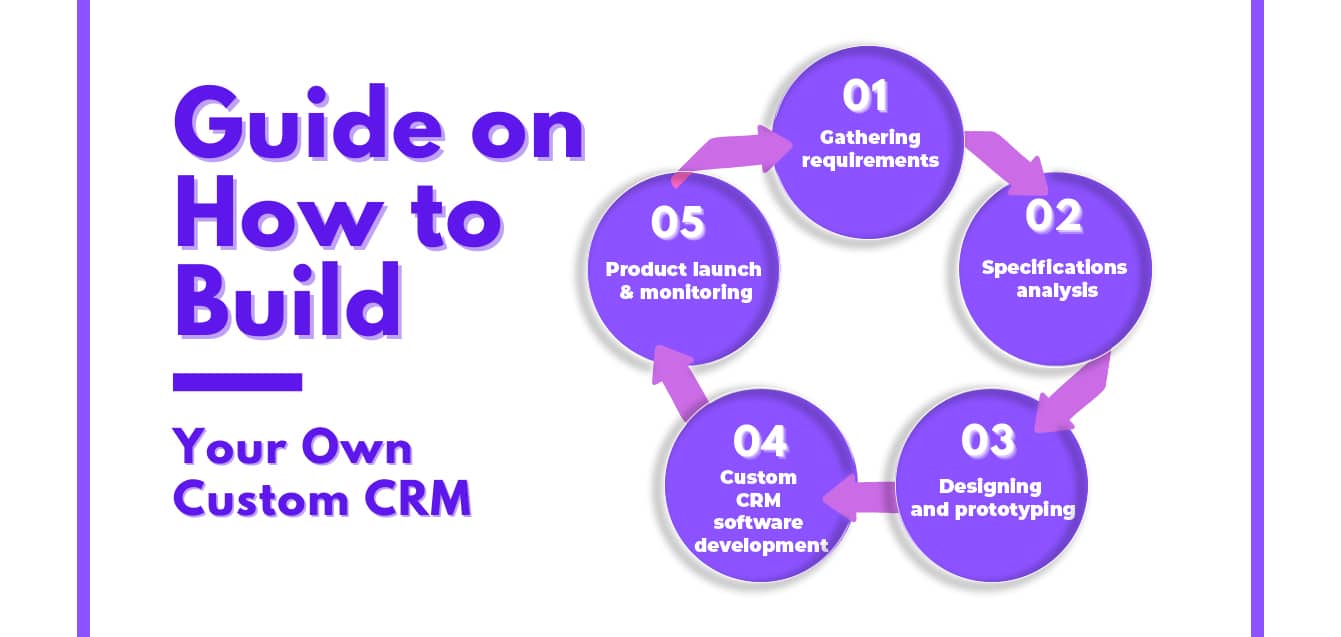Build my own crm – Embark on a journey to build your own CRM, a powerful tool tailored to your business’s unique needs. This comprehensive guide will lead you through every step, from defining your CRM to integrating it seamlessly into your business ecosystem. Get ready to transform your customer relationships and unlock the full potential of your CRM.
Building your own CRM offers unparalleled flexibility, cost savings, and customization options compared to off-the-shelf solutions. With this guide, you’ll gain the knowledge and insights to navigate the process confidently and create a CRM that perfectly aligns with your business goals.
Define ‘build my own CRM’

Building your own CRM involves designing, developing, and implementing a customer relationship management system tailored to your specific business needs. It allows you to manage and track interactions with customers, streamline processes, and improve customer satisfaction.
A CRM system typically consists of the following key components:
- Contact management:Stores and organizes customer information, including contact details, demographics, and communication history.
- Sales management:Tracks sales opportunities, manages leads, and provides insights into sales performance.
- Marketing management:Plans and executes marketing campaigns, tracks results, and measures customer engagement.
- Customer service management:Manages customer inquiries, provides support, and resolves issues.
- Reporting and analytics:Provides valuable insights into customer behavior, sales performance, and overall business metrics.
Considerations for Building Your Own CRM: Build My Own Crm

Embarking on a do-it-yourself (DIY) CRM project requires careful consideration. Factors such as time, resources, technical expertise, and ongoing maintenance play crucial roles in determining the feasibility and success of your endeavor.
Time is a significant factor to consider. Building a CRM from scratch can be a time-consuming process, especially if you lack the necessary technical expertise. You need to allocate sufficient time for planning, development, testing, and deployment.
Resources
Adequate resources are essential for a successful DIY CRM project. This includes financial resources to cover development costs, as well as human resources with the necessary skills and experience. If you lack in-house expertise, you may need to consider outsourcing or hiring consultants.
Technical Expertise, Build my own crm
Building a CRM requires a solid understanding of technology, including programming languages, database management, and web development. If you do not possess the necessary technical expertise, it is advisable to seek professional assistance or consider using a pre-built CRM solution.
Ongoing Maintenance
CRMs are not static systems; they require ongoing maintenance and updates to ensure they remain functional and secure. You need to consider the time and resources required for ongoing maintenance, including bug fixes, security patches, and feature enhancements.
Best Practices for Building Your Own CRM

To ensure the success of your DIY CRM project, follow these best practices:
Prioritize data management, ensuring data accuracy, consistency, and security. Consider implementing data validation rules and regular data backups.
Data Management
- Establish clear data ownership and responsibilities.
- Implement data validation rules to ensure data accuracy.
- Regularly back up your data to prevent loss.
Security
Implement robust security measures to protect sensitive customer data.
- Use encryption to protect data at rest and in transit.
- Implement access controls to restrict who can view and edit data.
- Regularly monitor your CRM for security breaches.
User Adoption
Encourage user adoption by involving stakeholders in the design process and providing training and support.
- Involve users in the design process to ensure their needs are met.
- Provide comprehensive training and support to help users get up to speed quickly.
- Regularly gather feedback from users to identify areas for improvement.
Closing Notes

Remember, building your own CRM is a rewarding endeavor that empowers you to take control of your customer relationships. By following the steps Artikeld in this guide, you’ll create a CRM that not only meets your current needs but also adapts and grows alongside your business.
Embrace the power of customization and unlock the full potential of your CRM today!
